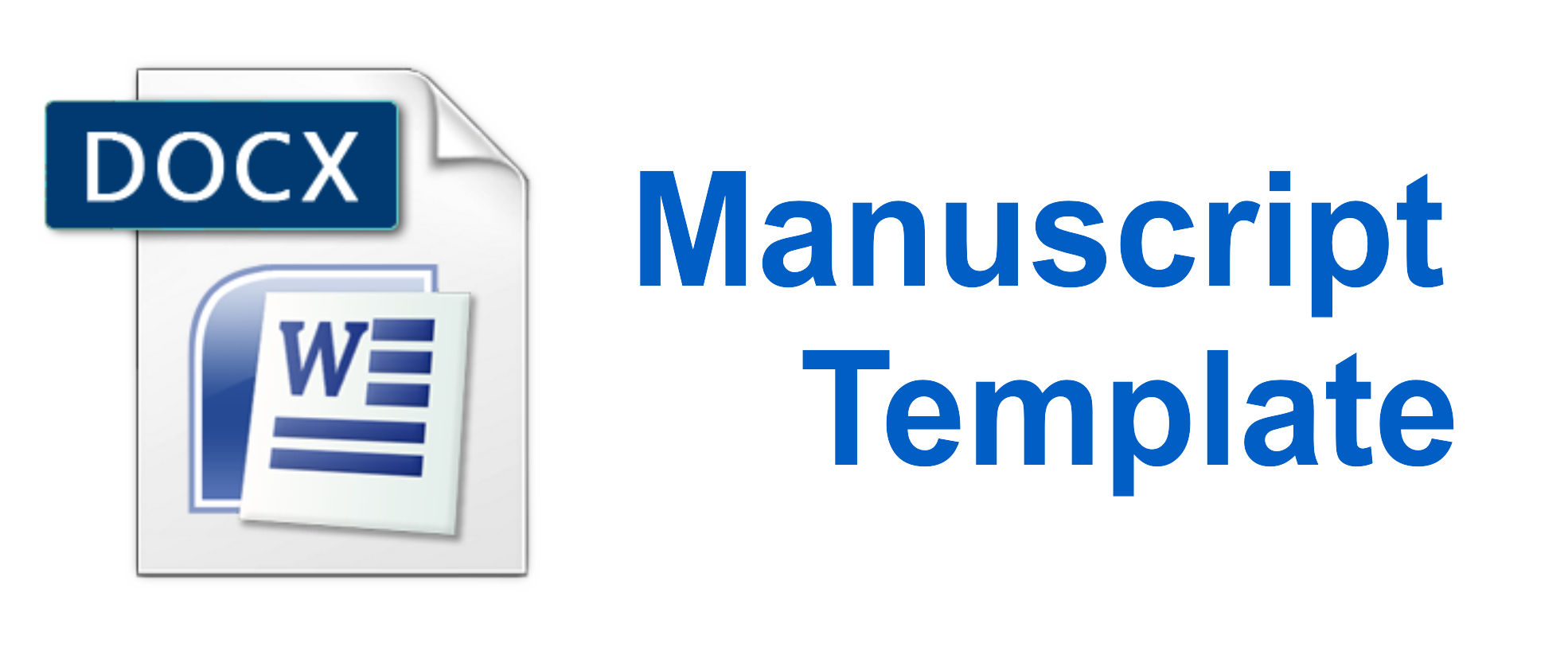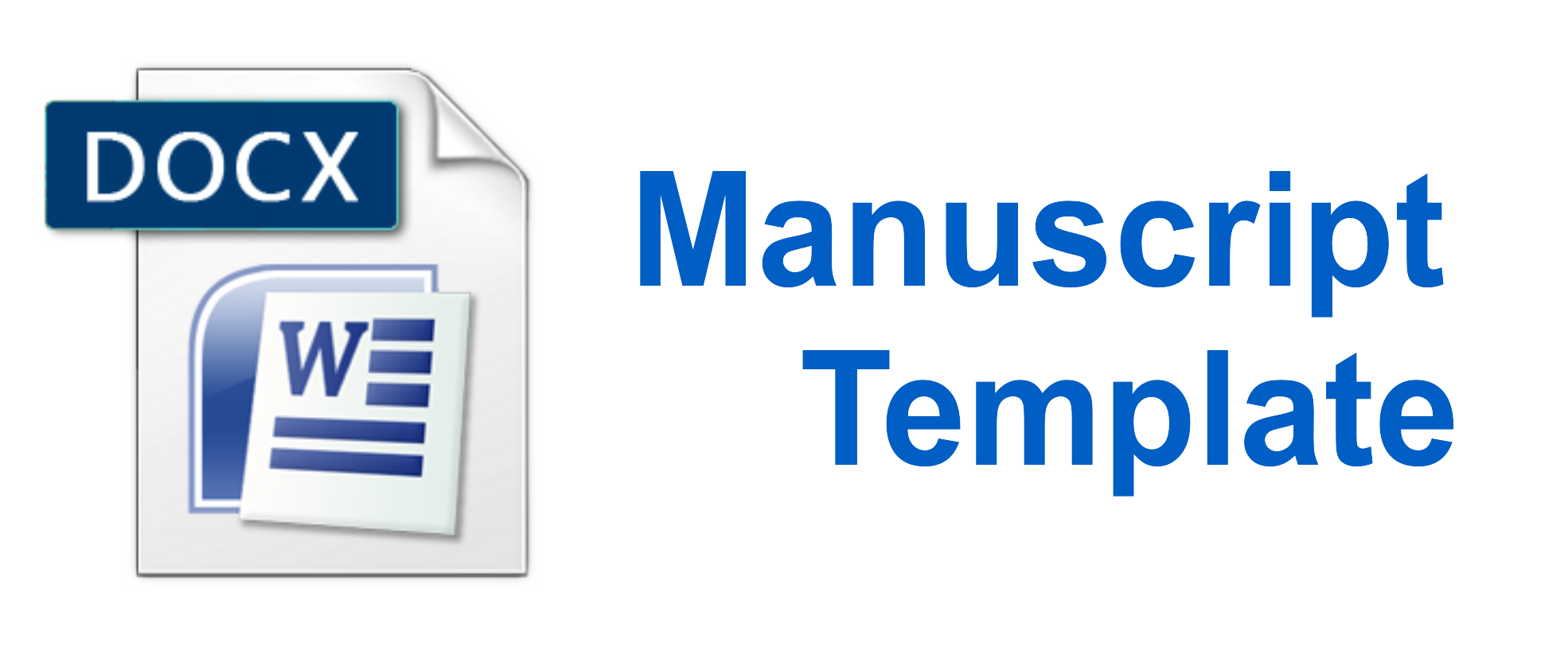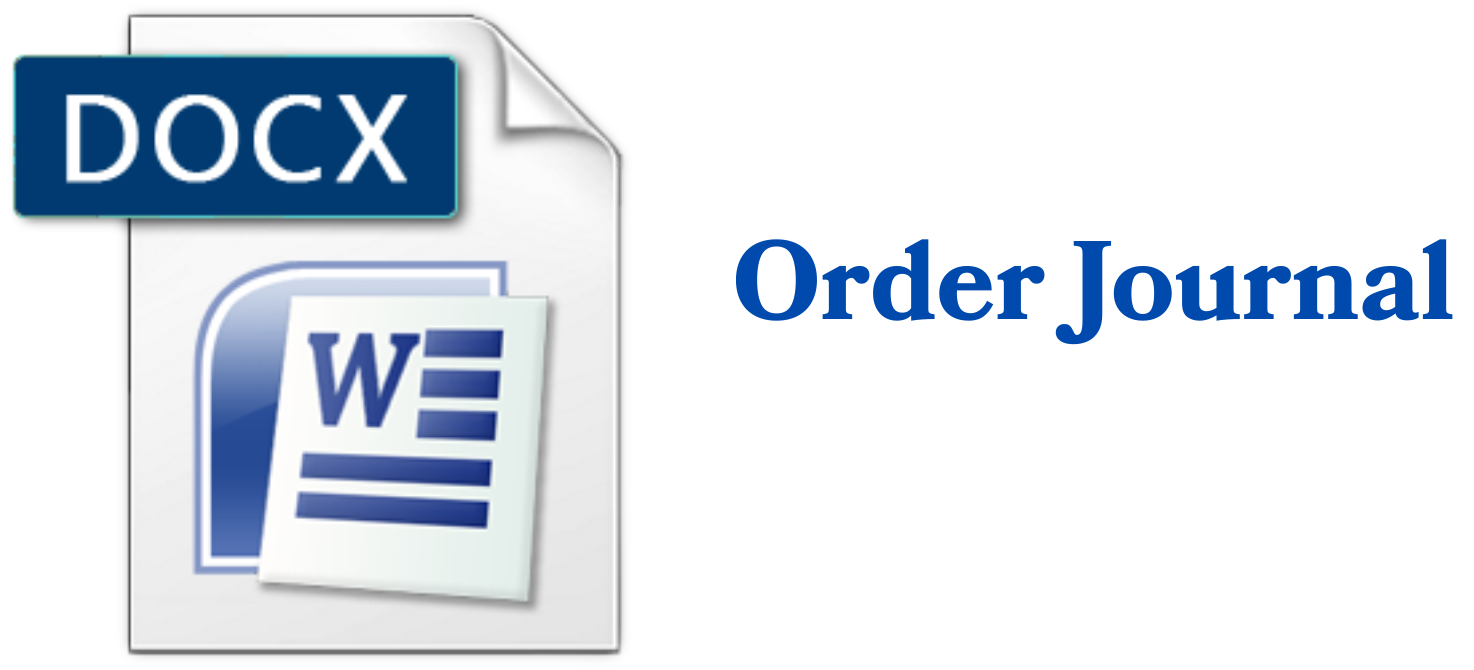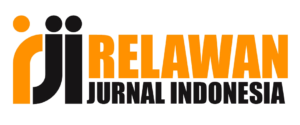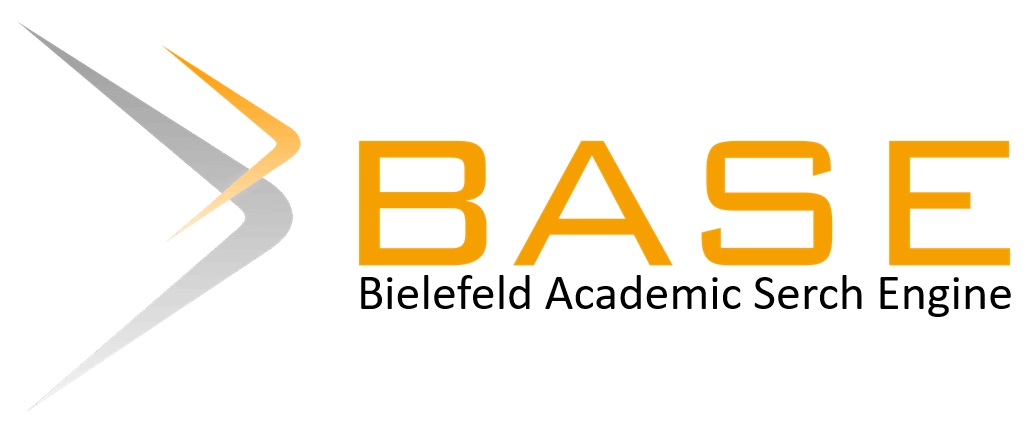EDUKASI AGAMA DI ERA DIGITAL: MENINGKATKAN PEMAHAMAN AGAMA ISLAM MELALUI KONTEN YOUTUBE RIKO THE SERIES
DOI:
https://doi.org/10.35316/edupedia.v8i2.4233Keywords:
Islamic Religious Education, Animation Series, Riko The SeriesAbstract
Religious education in the era of digitalization is very important, especially for young children, to strengthen religious foundations both in terms of worship, faith, and morals. This research aims to analyze, describe, and implement understanding of the Islamic religion through the Riko The Series. This qualitative descriptive research method uses direct observation techniques. The data source for this research is the animated series Riko the Series. Primary data sources were taken from several seasons and episodes of Riko The Series: Season 1 Episode 12, Season 2 Episodes 2, 7, 9, 11, and Season 3 Episode 8. Secondary data sources are books, research journals, or articles related to the topic being researched. Data was collected using note-taking techniques. The results show that Riko the Series is an example of a source of Islamic religious education because it contains educational value in religious character and educational value in faith and morals.
References
Achmad Dahlan Muchtar & Aisyah Suryani. 2019. Pendidikan Karakter menurut Kemendikbud. EDUMASPUL, 03(02), 50–57. https://doi.org/https://ummaspul.e-journal.id/maspuljr/article/view/142/91
Arikunto. 2013. Prosedur Penelitian Suatu Pendekatan Praktik. Rineka Cipta.
Bima Ananto. 2020. SALAT AWAL WAKTU - Riko The Series Season 03 - Episode 8. https://www.youtube.com/watch?v=zMO3BSRvHr8
Dedi Wahyudi & Nuryah. 2017. Pengantar Akidah Akhlak dan Pembelajarannya. Lintang Rasi Aksara Books.
Hermoyo, R. D. R. Y. R. P. 2021. Pendidikan Karakter dalam Film Animasi Riko The Series Produksi Garis Sepuluh. KEMBARA: Jurnal Keilmuan Bahasa, Sastra, Dan Pengajarannya, 07(01), 157–172. https://doi.org/https://doi.org/10.22219/kembara.v7i1.15139
Lazman Auzan. 2023. PESAN DAKWAH DALAM FILM ANIMASI RIKO THE SERIES PADA CHANNEL YOUTUBE RIKO THE SERIES DALAM EPISODE SALAT AWAL WAKTU (ANALISIS SEMIOTIK MODEL CHARLES SANDERS PEIRCE) [Universitas Islam Negeri Sunan Ampel Surabaya]. http://digilib.uinsa.ac.id/64667/2/Lazman Auzan_B91219106.pdf
Mayumi Fukuyama. 2018. Society 5.0: Aiming for a New Human-centered Society. Japan SPOTLIGHT, 8–13. https://www.jef.or.jp/journal/pdf/220th_Special_Article_02.pdf
Naili Wirdatul Muna, Sugeng Solehuddin, Umi Mahmudah. 2022. Nilai Pendidikan Karakter Religius dan Sains dalam Film Animasi Riko the Series sebagai Media Pembentuk Pengetahuan dan Karakter Religius Anak. Kajian Pendidikan Dasar, 02(01), 40–56. https://doi.org/https://doi.org/10.33507/ibtida.v2i1.549
Nanang Sahriana. 2019. Pentingnya Peran Orang Tua dalam Penggunaan Gadget pada Anak Usia Dini. Jurnal Smart PAUD, 02(01), 62. https://doi.org/http://dx.doi.org/10.36709/jspaud.v2i1.5922
Nur ‘Afiatus Sa’adah, Tamsik Udin, & A. J. 2022. Analisis Nilai-nilai Pendidikan Akhlak dalam Film Serial Animasi Riko the Series dan Relevansinya terhadap Materi Pelajaran Akidah Akhlak di MI. Jurnal LENSA PENDAS, 07(1), 15–25. https://doi.org/https://doi.org/10.33222/jlp.v7i1.1705
Rohry Dinda Pinasti. 2020. Berani Sunat - Riko The Series Season 02 - Episode 09. https://www.youtube.com/watch?v=-4txYFzXuV8
Rohry Dinda Pinasti. 2020. Keutamaan Berpuasa - Riko The Series - Episode 12. https://www.youtube.com/watch?v=V0hgejefc3o
Rohry Dinda Pinasti. 2020. SAHABATKU - Riko The Series Season 02 - Episode 11. https://www.youtube.com/watch?v=uvHarBggoog
Downloads
Published
How to Cite
Issue
Section
License
Edupedia: Jurnal Studi Pendidikan dan Pedagogi Islam adopts the Creative Commons Attribution–ShareAlike 4.0 International License, which allows users to reproduce, modify, and distribute published articles in any medium for lawful purposes, provided that appropriate attribution is given to the original author(s) and the journal, the license is properly cited, any changes are clearly indicated, and derivative works are distributed under identical licensing terms.
Upon publication in Jurnal Kesehatan Vokasional, authors confer to third parties the rights to use their articles in compliance with the Creative Commons Attribution–ShareAlike 4.0 International License.
Copyright on articles is retained by the respective author(s), without restrictions. A non-exclusive license is granted to Edupedia: Jurnal Studi Pendidikan dan Pedagogi Islam to publish the article and identify itself as its original publisher, along with the commercial right to include the article in a hardcopy issue for sale to libraries and individuals.
![]()



